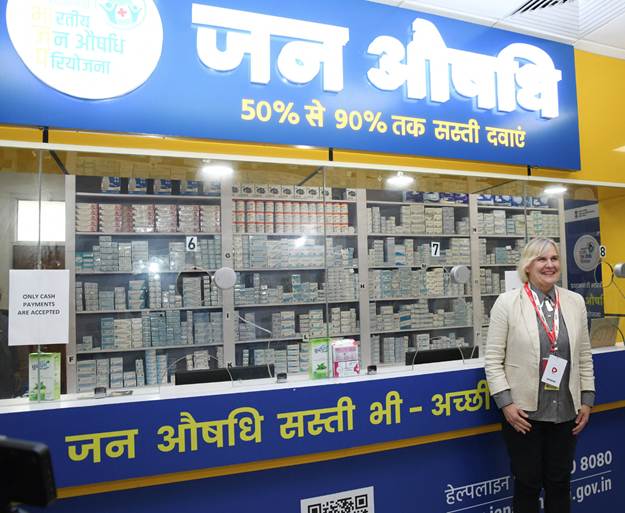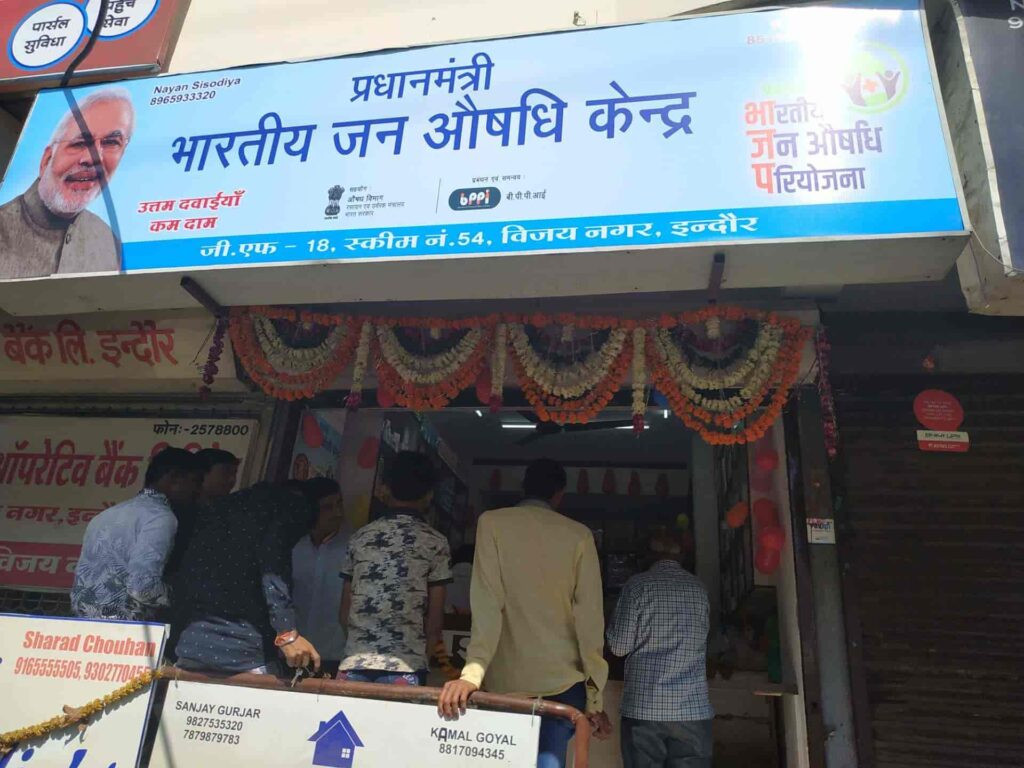In a major push to expand affordable healthcare access, the Union Government has eased the rules for setting up Jan Aushadhi Kendras (JAKs) in metropolitan and million-plus cities. The minimum-distance requirement between outlets has been removed, paving the way for more pharmacies under the Pradhan Mantri Bhartiya Janaushadhi Pariyojana (PMBJP).
What’s New in the Guidelines
A fresh circular issued by the Pharmaceuticals & Medical Devices Bureau of India (PMBI) on September 10 announced that:
●The no-distance restriction now applies to the seven metros — Delhi, Mumbai, Kolkata, Chennai, Bengaluru, Hyderabad, and Ahmedabad.
●It also extends to 46 cities with a population of over one million, including Pune, Surat, Jaipur, Lucknow, Nagpur, Ghaziabad, Indore, Coimbatore, and Kochi.
●The exemption will not apply to Kendras that have not yet completed two years of operation.
●Existing distance norms will still apply to smaller towns and cities.
A Big Boost to Affordable Healthcare
The move aims to increase accessibility, equitable distribution, and competition among Jan Aushadhi Kendras, ensuring that essential generic medicines are available to more people at much lower costs compared to branded drugs.

Since its inception, PMBJP has seen explosive growth:
●From just 80 Kendras in 2014, the network has expanded to 16,912 outlets as of June 30, 2025.
●These Kendras provide quality-assured generic medicines at up to 50–90% lower prices than branded alternatives.
Why This Matters
By relaxing these norms, the government expects:
●Reduced out-of-pocket medical expenses for urban citizens.
●Improved access to essential medicines for vulnerable populations.
●Enhanced entrepreneurship opportunities in urban health retail.
Industry experts say the decision reflects a commitment to Universal Health Coverage and could serve as a model for other public health initiatives.


